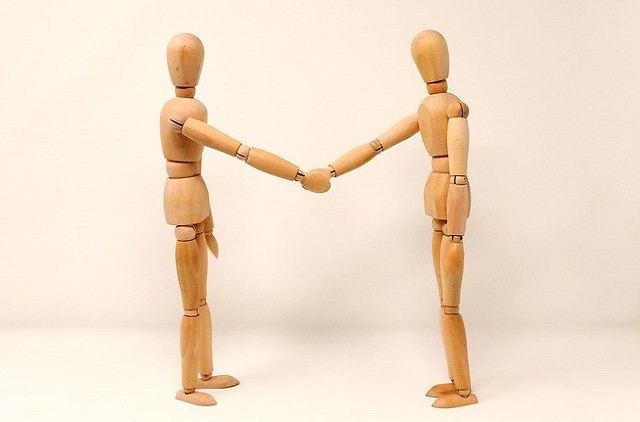I Used To Be Lazy - Transcript
Man: You know, it’s funny when I think about it. I used to be incredibly lazy. Like, the idea of doing anything productive seemed like a distant dream.
Woman: Really? I find that hard to believe. You seem so driven.
Man: Trust me, it’s true. There was a time when the couch was my best friend, and weekends were just an excuse to play video games. But things changed. I realized I needed to get my act together.
Woman: Well, that’s impressive. I used to be the total opposite. I used to stress about the smallest things. A lost key or a late bus could ruin my entire day.
Man: Really? You? I can’t picture that at all.
Woman: It’s true. I used to let every little inconvenience get to me. But now, I’ve learned to stay calm and take things in stride.
Man: That’s a valuable skill. I wish I had learned that earlier in life. But hey, better late than never. Right?
Woman: Absolutely. We’ve both come a long way. It’s kind of funny how we can change so much over time.
Used to be - Grammar Lesson

During your English study, you may have seen the expression “used to be” and wondered what it meant. The expression is common in both writing and speaking. Continue reading to learn more about the meaning of this expression and how it is used.
Explanation
The expression “used to be” is used to describe a state or situation that was true in the past but is no longer true in the present. It indicates a change or contrast between the past and the present. It is commonly employed to talk about past habits, behaviors, or conditions that have undergone a transformation over time.
Example Sentences
1. I used to be incredibly shy when I was a child.
Explanation: In the past, the person was extremely shy, but they are not shy anymore.
2. We used to live in the countryside, but now we live in the city.
Explanation: The living location of the individuals has changed from the countryside to the city.
3. She used to work long hours, but now she has a better work-life balance.
Explanation: In the past, she worked extended hours, but her current situation reflects a more balanced approach.
4. They used to be best friends, but they drifted apart over the years.
Explanation: In the past, they were close friends, but they are not as close anymore.
5. I didn’t used to enjoy reading, but now I can’t get enough of it.
Explanation: This sentence uses the negative form “didn’t used to” to indicate a change in preference. In the past, the person did not enjoy reading, but now they do.
Conclusion
In all these examples, “used to be” is used to highlight a shift or transformation from a previous state or condition to the current one. It’s an effective way to discuss personal changes or developments over time.







